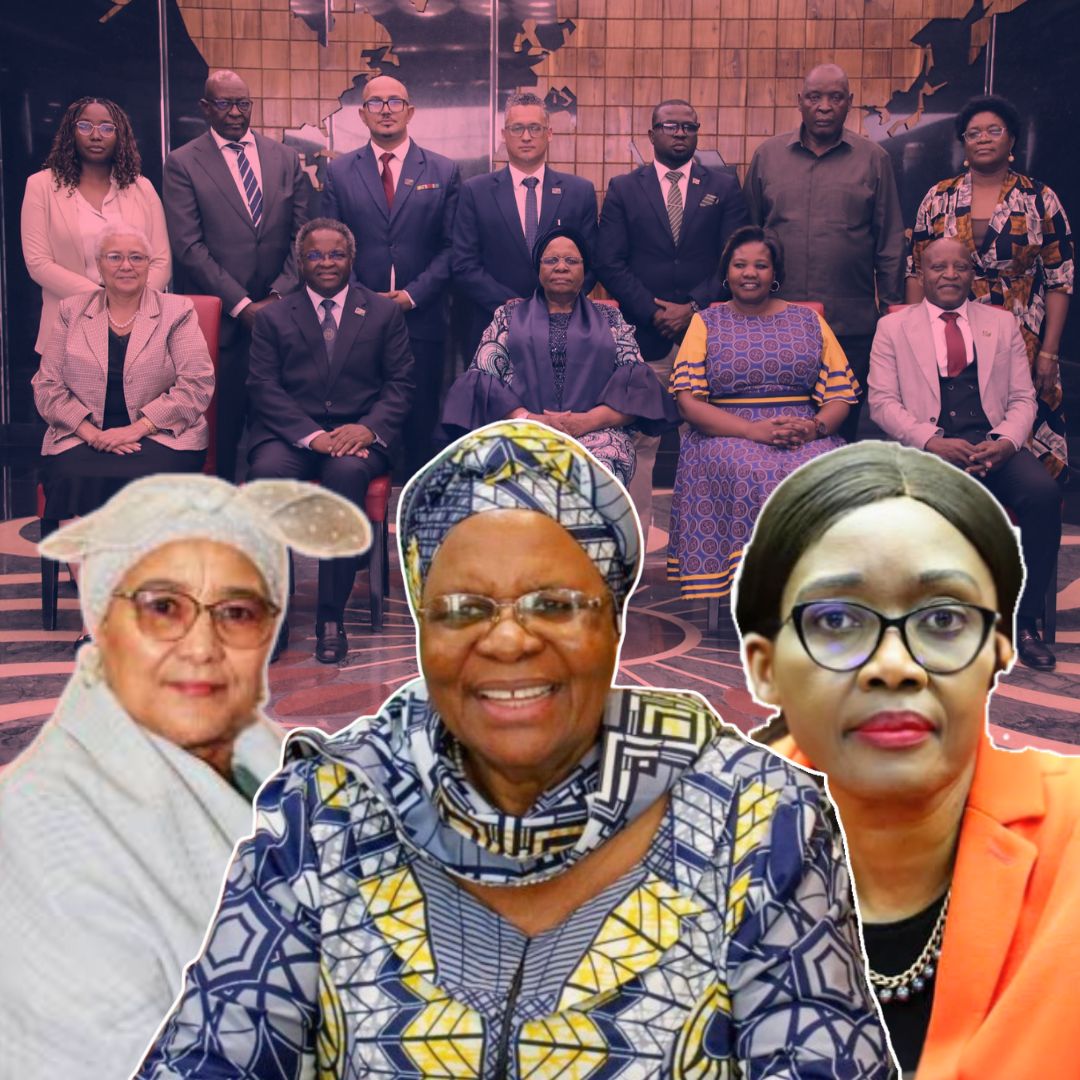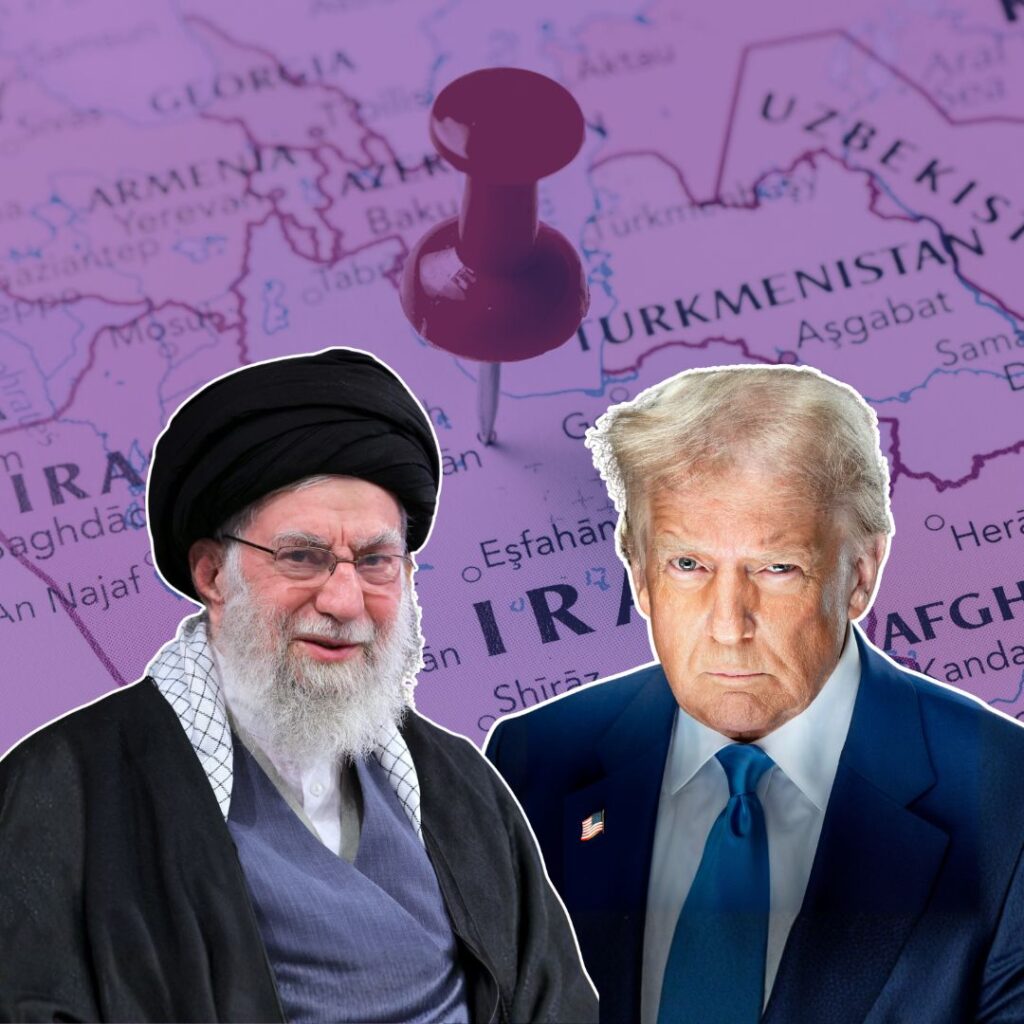Namibia has established a global precedent by becoming the first country where women hold the top three leadership roles: President, Vice President, and Speaker of the National Assembly. This historic development was celebrated at the 80th United Nations General Assembly by President Netumbo Nandi-Ndaitwah, who highlighted the achievement as a symbol of democratic progress and gender equality.
Namibia’s government today has a significant female presence in key decision-making bodies, drawing praise from both domestic officials and international observers. This breakthrough reflects decades of policy reforms and cultural shifts aimed at empowering women politically and socially.
A Trailblazing Leadership Team
On March 21, 2025, Namibia made history with the inauguration of its all-women leadership team. President Netumbo Nandi-Ndaitwah assumed office alongside Vice President Lucia Witbooi and Speaker Saara Kuugongelwa-Amadhila.
At the 80th UN General Assembly held in September 2025, President Nandi-Ndaitwah addressed world leaders, underscoring that their appointments were grounded in competence and dedication rather than solely gender considerations. She highlighted the administration’s continuing efforts to tackle gender-based violence, broaden women’s economic and land rights, and foster youth empowerment through education and employment opportunities.
This leadership trio has not only broken symbolic glass ceilings but has actively reshaped Namibia’s governance landscape with an emphasis on justice, equity, and inclusivity. Vice President Witbooi and Speaker Kuugongelwa-Amadhila echoed these commitments in their speeches, calling on the international community to support gender equality and recognise the potential of women leaders.
Pathway to Equality: Policy and Progress
Namibia’s rise to an all-women top leadership team did not occur overnight. Since gaining independence in 1990, the country has championed constitutional guarantees of gender equality. Political parties such as the ruling SWAPO have adopted progressive gender policies, including the “zebra” quota system, which aims for balanced representation of men and women in political offices.
Today, women constitute nearly 49% of Namibia’s Parliament and hold over 44% of Cabinet positions, placing the country among the global leaders in female legislative representation and top in Africa by these metrics. This achievement results from concerted efforts at the legislative, societal, and political levels, reflecting a culture that values gender parity as essential to democracy.
Beyond policy, Namibia’s civil society and advocacy groups have played significant roles in fostering women’s political participation through leadership training, awareness campaigns, and tackling deep-rooted societal barriers such as gender-based violence and economic exclusion.
Global Recognition and Impact
Namibia’s leadership model has garnered widespread international acclaim. UN Secretary-General António Guterres praised Namibia’s progress during the UN General Assembly, calling it a “powerful example of how gender parity in leadership is vital for sustainable development.” He highlighted that such representation fosters inclusive policymaking that addresses diverse community needs.
Several African nations and gender rights organisations view Namibia’s example as inspirational, advocating for similar initiatives continent-wide. Namibia’s success has sparked conversations on shifting traditional power dynamics and increasing women’s influence in governance structures worldwide, encouraging global stakeholders to revisit their approaches to promoting gender equality.
The Logical Indian’s Perspective
The Logical Indian stands in solidarity with Namibia’s historic achievement, seeing it as a testament to the transformative power of inclusive leadership. When women hold top leadership positions, governance tends to become more empathetic, equitable, and responsive to societal challenges. Namibia’s example challenges countries globally, including ours, to bridge gender gaps in political representation and leadership authentically.
This milestone also invites reflection on the mechanisms needed to support women’s full participation in public life-from legal reforms and education to dismantling socio-cultural barriers.
President Netumbo Nandi-Ndaitwah today met with the leadership of the Independent Patriots for Change (IPC), led by Dr. Panduleni Iitula, president of IPC, and Hon. Immanuel Nashinge, leader of the Official Opposition in Parliament.
— Namibian Presidency (@NamPresidency) October 6, 2025
The President was joined by the Vice… pic.twitter.com/FrWLknT7SE











